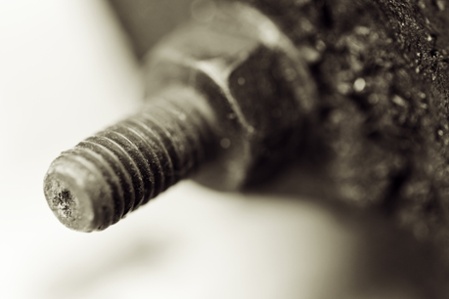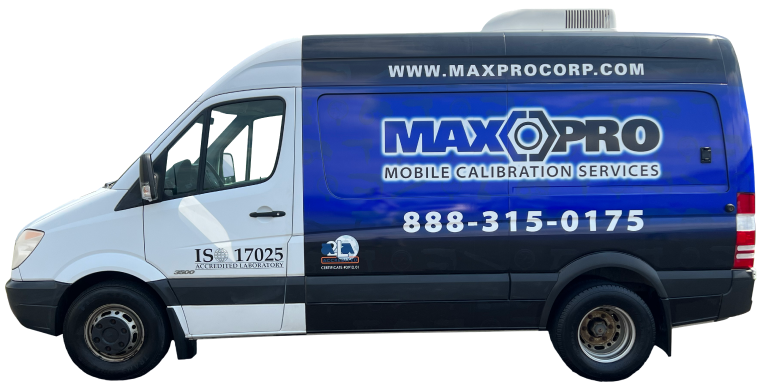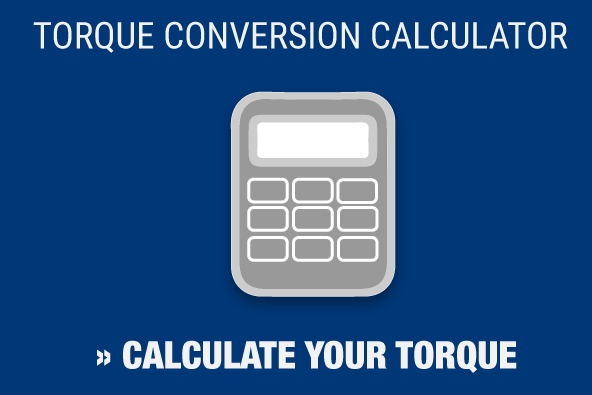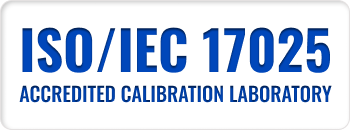 A torque multiplier gives its users a mechanical advantage when loosening and tightening nuts, bolts and other items meant to be motivated through torque. Among its benefits are upgraded safety, greater precision and better efficiency and productivity.
A torque multiplier gives its users a mechanical advantage when loosening and tightening nuts, bolts and other items meant to be motivated through torque. Among its benefits are upgraded safety, greater precision and better efficiency and productivity.
But in order to completely appreciate this tool, it’s crucial to comprehend how it works, and what gives it an edge over other instruments that provide torque.
What is a torque multiplier? How does it work?
A torque multiplier can be used in place of cheater bars, which give users leverage instead of gear reduction to create torque. When using a cheater bar, all the torque is produced through the bar itself. This creates a safety hazard if the tool fails when its extended handle is in use.
A torque multiplier eliminates that danger by providing only a small amount of the final torque pressure on the drive tool.
Torque multipliers work with the use of an epicyclical gear train that has one or more stages. Each stage of the gear range will multiply the applied torque. This torque is applied to the input gear, causing the planet gears that are situated around it to rotate. The planet gears are housed inside a carrier that also contains the output drive.
The torque multiplier is a fairly basic gear arrangement, but it can make even the most challenging jobs more manageable.
Benefits and common uses for torque multipliers
Sometimes space limitations can make the use of a torque wrench impractical. This is where a torque multiplier comes in. Multipliers don’t have the long handles that can make tools such as torque wrenches or cheater bars inconvenient, allowing them to achieve proper torque even in tight spaces.
This issue usually presents itself in construction or auto repair situations, but there are numerous other times where someone might have to work with less-than-optimal space. And in the end, torque multipliers are ideal for any job that needs a great deal of torque.
For example, torque multipliers can be useful in situations where bolts and screws are tightened beyond the point where a lug wrench and cheater bar can loosen them. This is a problem encountered by people in the auto repair, construction, equipment maintenance and product design fields, whenever fasteners are overtightened, rusty, or have to be tightened to a precise specification.
Because it has the ability to control the amount of effort needed to make a fastener tighter, a torque multiplier allows for a slower and more measured motion, and thus more exact levels of torque. As the amount of torque grows, the speed shrinks an equivalent level.
This may not make sense on the surface: a tool slowing down to save time. But this decrease in speed actually provides an advantage. By slowing down, the user is making sure fasteners get tightened to the precise level needed, therefore eliminating the need to go back and readjust later on.
A slower, more precise fastening also ensures that the user is not making the fasteners too tight or too loose, which can cost more – in terms of both time and money – in the long run.
In addition to all the other benefits, one of the biggest advantages to using a torque multiplier is the way it improves worker efficiency and productivity. By making sure that all fasteners are properly tightened, work gets completed properly and the need for future repairs/readjustments is reduced or even eliminated, letting a business complete its projects with efficiency and accuracy.
Maxpro carries four different Norwolf Tools torque multipliers.
- The Z-Series: A thin, sleekly-designed tool that we consider the world’s first true torque multiplier.
- XCELink: This torque converter permits a very accurate transmission of torque from point A to point B without any gears, and with the ability to turn continuously.
- Missing Link: A torque converter that permits a very accurate transmission of torque from point A to point B without any gears.
- Tribeca: Handles any bolt, any time and in any place via hydraulic pump or standard torque wrenches.
If you want to learn more about Maxpro’s torque multipliers or other industrial bolting equipment, or if you have questions about our other services, you can contact us or request a quote.





